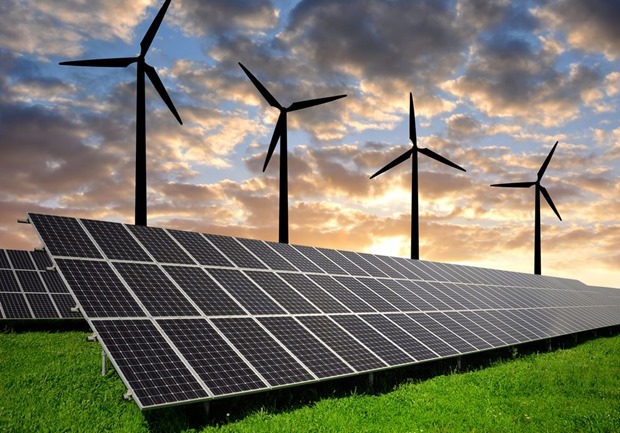Indian Railways is set to make history with the trial operations of India’s first hydrogen train, scheduled for December 2024. This groundbreaking initiative marks a significant step towards greener public transportation in the country.

International Collaboration for Safety
To ensure the highest safety standards, Indian Railways has partnered with Germany’s TUV-SUD for a comprehensive safety audit of the hydrogen train. This collaboration brings international expertise to the project, underlining India’s commitment to world-class safety measures.
Global Context
With this development, India is poised to join an elite group of nations pioneering hydrogen-powered trains. The country will become the fifth in the world, alongside Germany, France, Sweden, and China, to deploy this cutting-edge technology in its railway system.
Beyond Passenger Trains: Maintenance Vehicles
The initiative extends beyond passenger trains. Indian Railways is also developing five maintenance vehicles powered by hydrogen fuel cells. Each of these units is expected to cost approximately Rs 10 crore, showcasing a comprehensive approach to adopting hydrogen technology across various railway operations.
The Hydrogen for Heritage Initiative
A significant part of this green revolution is the “Hydrogen for Heritage” initiative. Under this program, Indian Railways plans to introduce 35 hydrogen-powered trains, primarily for heritage and hilly routes. The estimated cost for each train is around Rs 80 crore, with an additional Rs 70 crore investment in ground infrastructure per route.
Technical Advancements and Testing
The project has already achieved several technical milestones:
- Successful tests for the System Integration Unit battery
- Completion of two fuel unit synchronizations
Pilot Project: Retrofitting Existing Trains
In parallel with the development of new hydrogen trains, a pilot project is underway to retrofit a Hydrogen Fuel Cell onto an existing Diesel Electric Multiple Unit (DEMU) rake. This initiative demonstrates Indian Railways’ commitment to upgrading existing infrastructure alongside new developments.
Investment and Future Prospects
The significant investment in this technology underscores Indian Railways’ long-term vision for sustainable transportation. By focusing on both new hydrogen trains and the retrofitting of existing units, the railway system is setting a comprehensive strategy for reducing its carbon footprint.
Conclusion
The introduction of hydrogen-powered trains in India represents a major leap forward in the country’s pursuit of sustainable public transportation. As the December 2024 trial approaches, all eyes will be on this innovative project that promises to reshape the future of Indian Railways.












